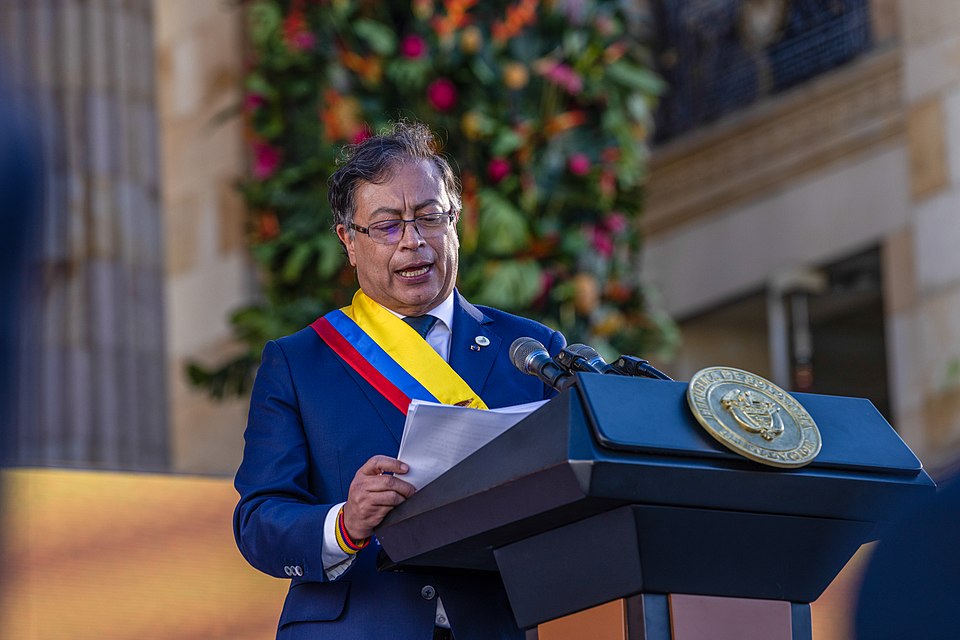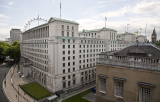
Colombian President Gustavo Petro encountered difficulties refueling his aircraft during a trip to the Middle East, a consequence of recently imposed U.S. sanctions, his government
confirmed Thursday.
Interior Minister Armando Benedetti explained that the presidential plane made a scheduled stop in Madrid en route to Saudi Arabia, but personnel at Barajas Airport — Spain’s largest — declined to provide fuel. After discussions with Spain’s left-leaning government, the aircraft was redirected to a military base, where it was ultimately refueled.
The administration of President Donald Trump placed Petro on the U.S. Treasury’s Office of Foreign Assets Control (OFAC) sanctions list, accusing him of facilitating drug trafficking. Announcing the sanctions last week, Treasury Secretary Scott Bessent said that cocaine production in Colombia had surged to its highest level in decades, claiming the drug was “flooding” the United States and harming American communities.
The sanctions also apply to Petro’s wife, Verónica Alcocer, his eldest son, Nicolás, and Minister Benedetti. All are barred from entering the United States, and any U.S.-linked assets they hold are frozen. U.S. companies — and foreign companies with U.S. ties — are prohibited from conducting business with them.
Petro posted on X to thank the “kingdom of Spain” for facilitating his arrival in Riyadh, the first stop on a three-nation tour that also includes Qatar and Egypt.
According to Benedetti, the refueling company at Barajas feared violating OFAC restrictions. “The companies that handle fuel, cleaning, or even boarding stairs at airports are almost always American,” he said, noting that staff refused service out of concern over the sanctions.
The measures issued on October 24 came after months of escalating tension between Trump and Petro over U.S. deportation policies and American strikes on suspected drug-smuggling vessels in South American waters.
In an exclusive interview with CBS News earlier this month, Petro alleged that some people killed in those U.S. operations were innocent civilians and repeated his claim that the strikes breach international law — an accusation the White House has denied.
Petro, a former left-wing guerrilla, strongly rejects any link to drug trafficking. He argues that the cocaine trade endures primarily because of demand in the United States and Europe.
The U.S. State Department revoked Petro’s visa last month after he took part in a New York protest where he urged American soldiers to defy orders from President Trump. In a social-media statement, the department said Petro had “stood on a NYC street and urged U.S. soldiers to disobey orders and incite violence,” calling his remarks “reckless and incendiary.” Photo by USAID, Wikimedia commons.








































